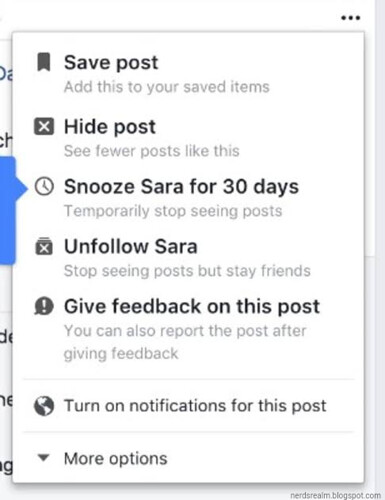
Nighttime fearsĪs children grow, their imaginations continue to expand, which can lead to new fears.

This can lead to a sleep onset association that disrupts their sleep (and yours!) throughout the night. Children who’ve been falling asleep on their own may suddenly want their parents to stay with them at bedtime until they fall asleep. It’s common for toddlers this age to go through another wave of separation anxiety, making it harder for them to separate from caregivers at sleep times. If your 2 year old seems particularly clingy, you’re in good company. When naps are skipped, that typically leads to overtiredness, which can make it harder for them to fall asleep and stay asleep. This can temporarily impact sleep, especially if a nap is skipped or delayed, due to the change in circumstances. When a child starts nursery school or welcomes a new sibling, it can take time to adjust to the significant changes that occur in their routines. These sleep disruptions can lead to a shortened night’s sleep and overtiredness, especially if your child has difficulty falling back to sleep quickly. Toddlers in the midst of potty training may also need (or want) to use the bathroom during the night or early in the morning. During potty training, it’s common for toddlers to repeatedly request to use the potty both during and after the bedtime routine, resulting in a late bedtime and an overtired child. Mastering new motor skills and developmental milestones often causes temporary issues with sleep. Since children haven’t always developed the self-regulation to stay in bed, this can create a situation where the toddler is suddenly popping out of bed ALL.

We see a lot of families transitioning to toddler beds at this age, especially when a new sibling is on the way. This, in turn, can result in a child who’s super cranky, falling asleep too late in the afternoon (which creates difficulty with bedtime), or waking really early in the morning. It also means that toddlers are capable of going on a successful nap strike for longer periods of time. When they’re put to bed too early, this can result in long, drawn-out battles at bedtime. This means that they usually need to be awake for a longer period of time to be sufficiently tired before bed. To make matters even trickier, children this age are often able to comfortably stay awake for prolonged periods. In their search for autonomy, they might decide to continuously remove their diaper at bedtime, refuse to get pajamas on, or throw all of their belongings out of the crib - none of which is conducive to a peaceful bedtime routine and good night’s sleep. Instead, their busy brains are going to wonder what happens if they: eat the bubbles in the bathtub, run out of their bedroom during story time, or refuse to lie down to sleep. While these behaviors are integral to their development, this can be a time when they no longer just lie down and fall asleep as they used to do at sleep times. It’s a toddler’s job to explore their world and test boundaries. Here’s a breakdown of the most common factors influencing sleep changes at this age: Limit testing and independence-seeking behaviors There’s a whole lot of magic as toddlers discover their world, mixed with a whole lot of developmental changes. Parenting through the “terrific 2s” can be an exciting ride. Skipping naps, resisting bedtime, sudden night waking, and waking up too early for the day are all common challenges seen among toddlers experiencing this regression.

If your 2 year old’s sleeping patterns have taken an abrupt turn for the worse, the 2 year old regression may be to blame. Does the 2 year old regression affect naps?ħ sleep solutions for 2 year olds to handle sleep regressions How long does the 2 year old month sleep regression last? What do you mean 2 year old sleep regression?
#Avigate to snooze near me how to#
Since you deserve to keep feeling confident about your child’s sleep, we’re sharing everything you need to know about toddler sleep regression, including how to navigate it successfully. The 2 year old sleep regression can cause predictable routines to come crashing down around you, much like a too-tall tower of precariously stacked wooden blocks.

Is your toddler suddenly behaving as if they’re allergic to sleep? Trust us, you’re not alone.


 0 kommentar(er)
0 kommentar(er)
